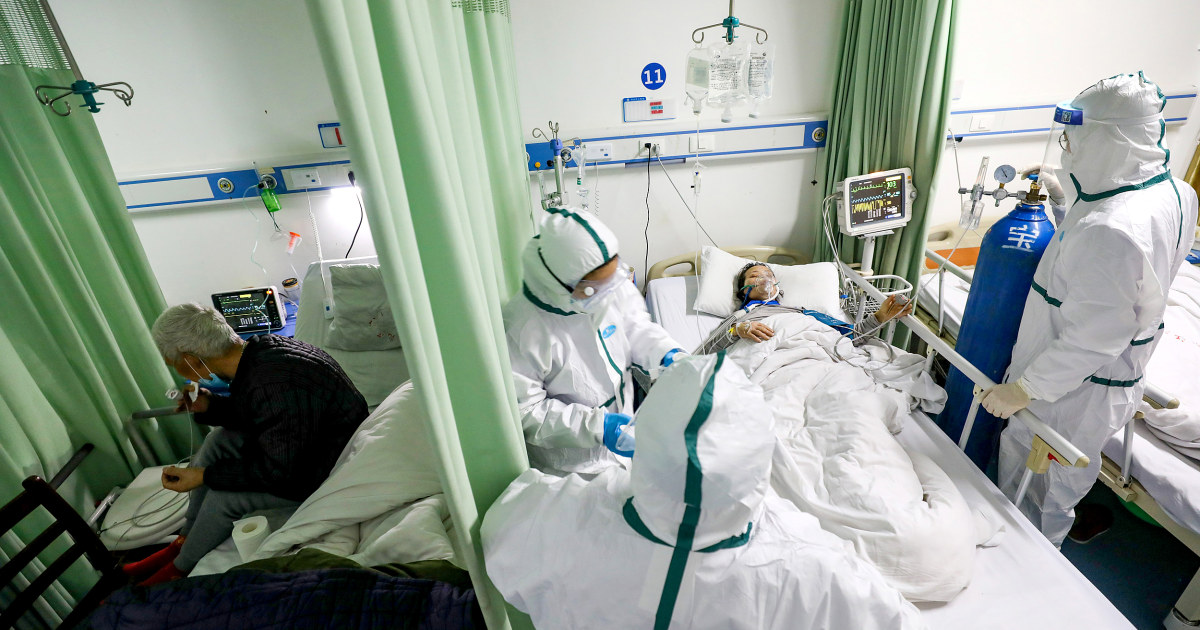Covid-19 symptoms can last up to six months, according to research published on Friday in the medical journal The Lancet, which looked at some of the first people to be hospitalized with the disease.
The study focused on 1,733 people who were hospitalized with Covid-19 in Wuhan, China – where the coronavirus was first detected – from January to May. Many were hospitalized even before the disease had a name.
Full coverage of the coronavirus outbreak
Approximately three quarters of patients reported persistent symptoms six months after the initial diagnosis. Sixty-three percent said they still had muscle fatigue or weakness, 23 percent cited anxiety or depression and 26 percent reported trouble sleeping.
“Our analysis indicates that most patients continue to live with at least some of the virus’s effects after discharge from the hospital and highlights the need for post-discharge care,” Dr. Bin Cao, author of the study and deputy director of the Center of Respiratory Diseases at the China-Japan Friendship Hospital in Beijing, said in a statement.
This was an observational study, however, which means that it is impossible to link these symptoms directly to the coronavirus. In order to show a true connection, studies would need to compare the results of Covid-19 with those hospitalized with similar infections that could also cause pneumonia.
“I would like to have seen data from patients admitted with something other than Covid-19 during that period,” said Dr. Hana El Sahly, associate professor of molecular virology and microbiology and medicine at Baylor College of Medicine in Houston. She was not involved in the new research.
“Being admitted with pneumonia can be a traumatic event for anyone,” said El Sahly, adding that it is not uncommon for these patients to have persistent symptoms.
Download the NBC News app for complete coverage of the coronavirus epidemick
The study also found that those with the most severe cases still had difficulty breathing six months later. More than half of those who needed a respirator for the disease subsequently experienced a condition that reduces the flow of oxygen from the lungs to the bloodstream. And they were more likely to struggle to complete a walking test.
But it is not clear whether this impaired lung function is a result of the virus or is related to an underlying health condition. Although the study participants were all hospitalized, few were admitted to the intensive care unit, which means that the results may not apply to the most ill patients.
“Because Covid-19 is such a new disease, we are just beginning to understand some of its long-term effects on patients’ health,” said Cao. He added that the research may serve to highlight the need for greater care for patients with Covid-19, even after they are discharged from the hospital.
Follow NBC HEALTH on Twitter & Facebook.


